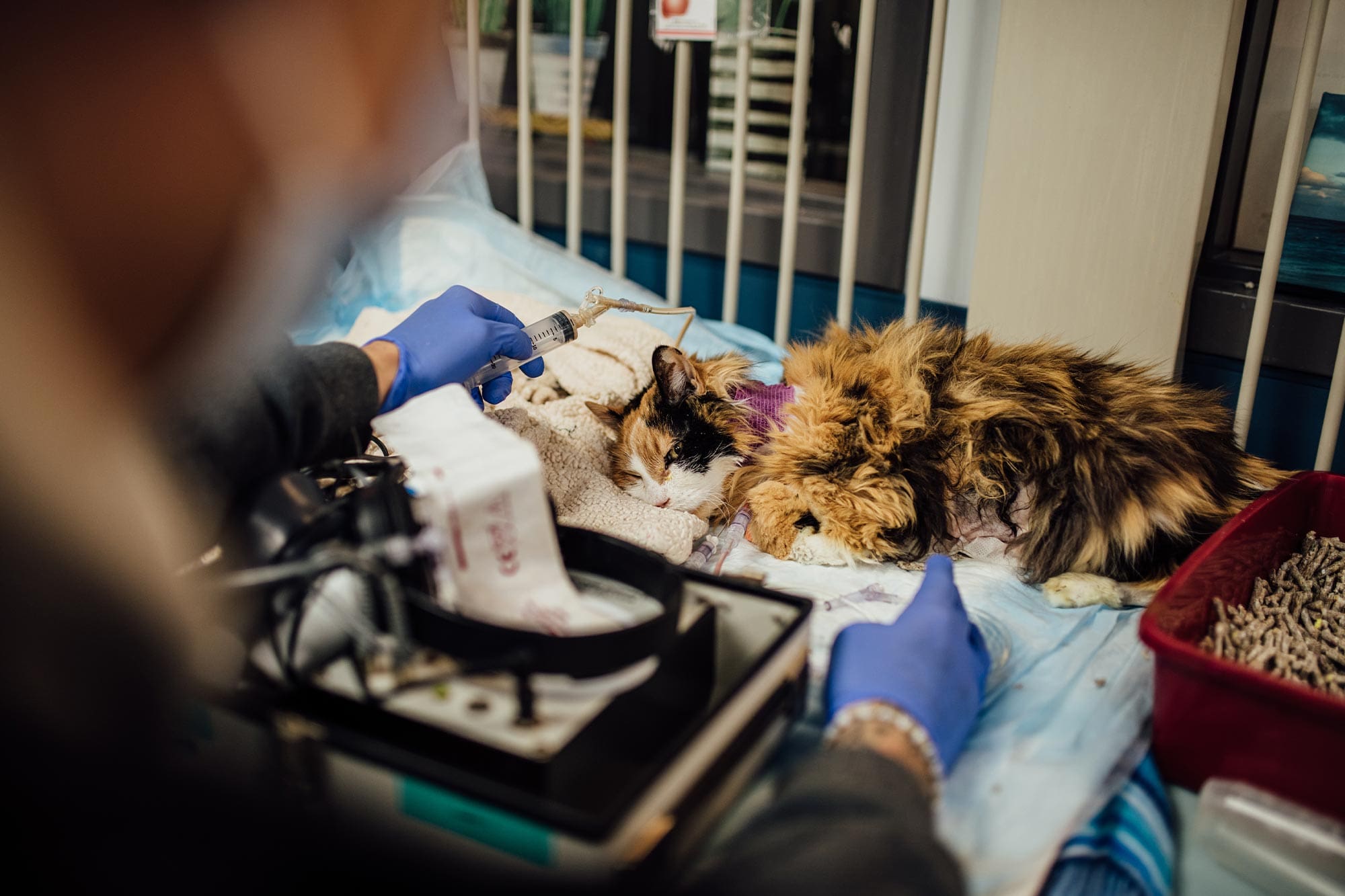What Causes FIP?
The disease results from a viral infection called coronavirus causing widespread and severe inflammation in the body. The resulting inflammation can cause organ failure, fevers unresponsive to antibiotics, and in many cases, an accumulation of thick yellow fluid in the chest or abdomen.

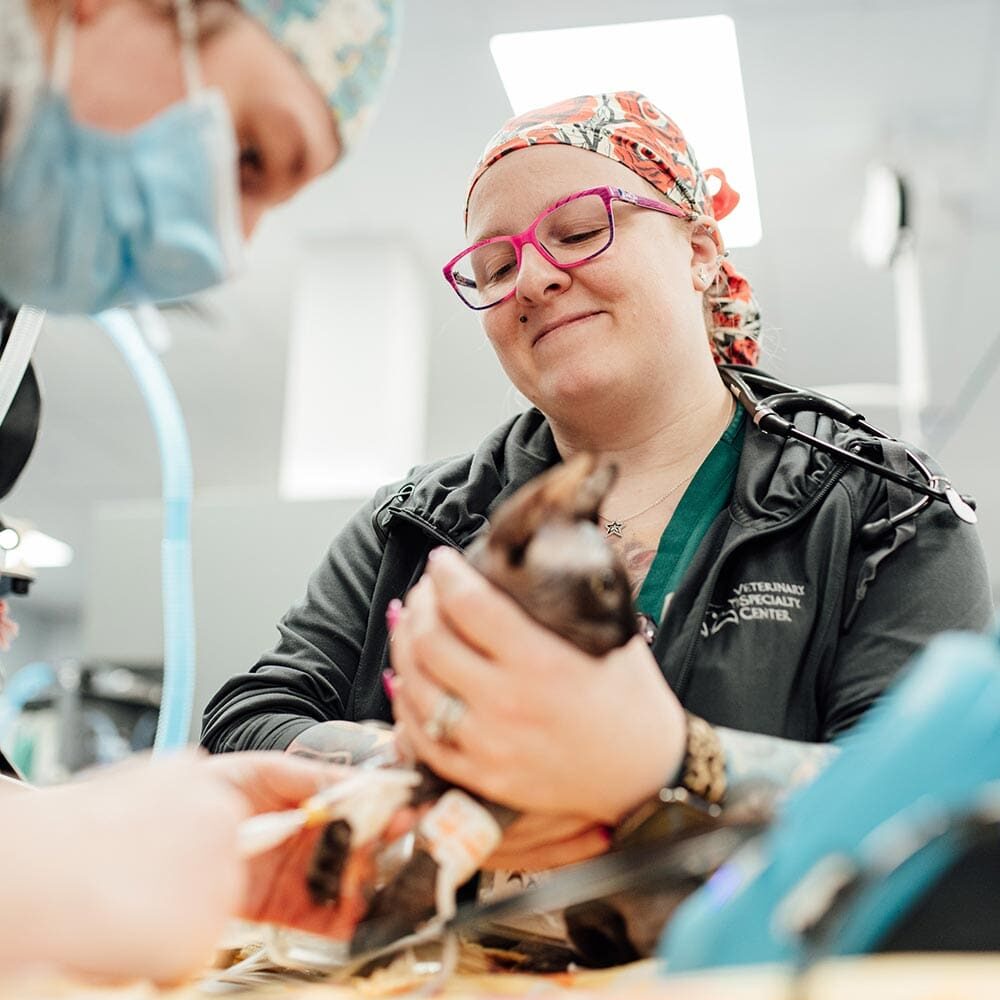
Feline infectious peritonitis (FIP) is an aberrant reaction to infection with the feline coronavirus. The feline coronavirus is quite common; most cats that become infected develop a mild gastrointestinal illness and recover uneventfully. The cats that develop the disease called FIP do so likely because their particular intestinal virus mutates in a way that allows it to penetrate other bodily tissues; also, their body’s response to the viral infection is inappropriate. Because there is no currently available test to distinguish between the “normal,” mild intestinal form of feline coronavirus and the mutated one (studies are ongoing), it can be very difficult to confirm the diagnosis of FIP.
Feline coronavirus is common in cats, especially cats that are in crowded situations like shelters or breeding facilities. The disease is spread from cat to cat through contact with feces in shared litterboxes or on surfaces. After exposure, some cats will shed active (infective) virus for weeks to months. Cats in multi-cat households can become re-infected. Some of the infected cats in the house will have no sign of disease; others may have mild gastrointestinal illness while one may come down with a severe form of disease called FIP. In many cases, families are unaware that one or more of their cats have feline coronavirus. The disease is not related to the human coronavirus that causes COVID-19.
FIP can occur at any age but is more common in cats less than one year of age when their immune system is not fully functional. Other reasons for immune compromise can also predispose to the development of the disease. Crowding, like that seen in shelters and catteries, is a common factor, but any source of stress can increase risk. There are genetic factors that predispose certain cats to FIP (often purebred) and make other cats resistant to infection.
Clinical Signs
There are different ways in which FIP manifests. With the wet or effusive form of FIP, the patient develops fluid in the chest or abdomen that seriously interferes with breathing and normal organ function. Patients with the wet form of the disease are gravely ill and survival is sadly measured in days to occasionally weeks. Cats with the dry form do not develop fluid in their body cavities but have insidious signs of illness such as fever and weight loss. These patient’s signs can wax and wane over months or even years. Both forms are eventually fatal. FIP is a disease that is unique to cats; no other species of animal is at risk of disease after exposure to feline coronavirus.

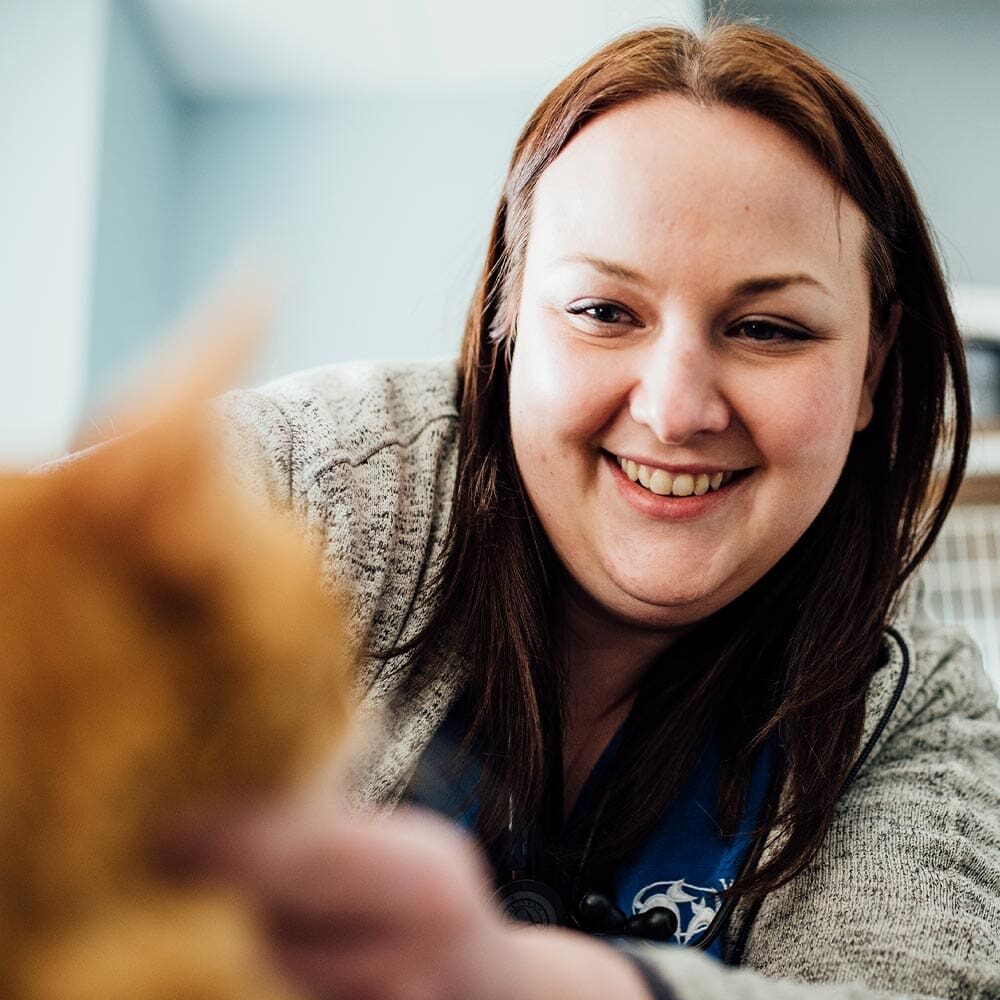
Diagnosis
If a cat is suspected of having FIP, tests will be done to search for other diseases that may play a role in immune compromise, as well as other sources of the symptoms. Identifying the virus (through DNA identification) outside of normal gastrointestinal tissues, especially in cats with the characteristic type of inflammation associated with it (called pyogranulomatous inflammation), is considered confirmatory.
Treatment of FIP

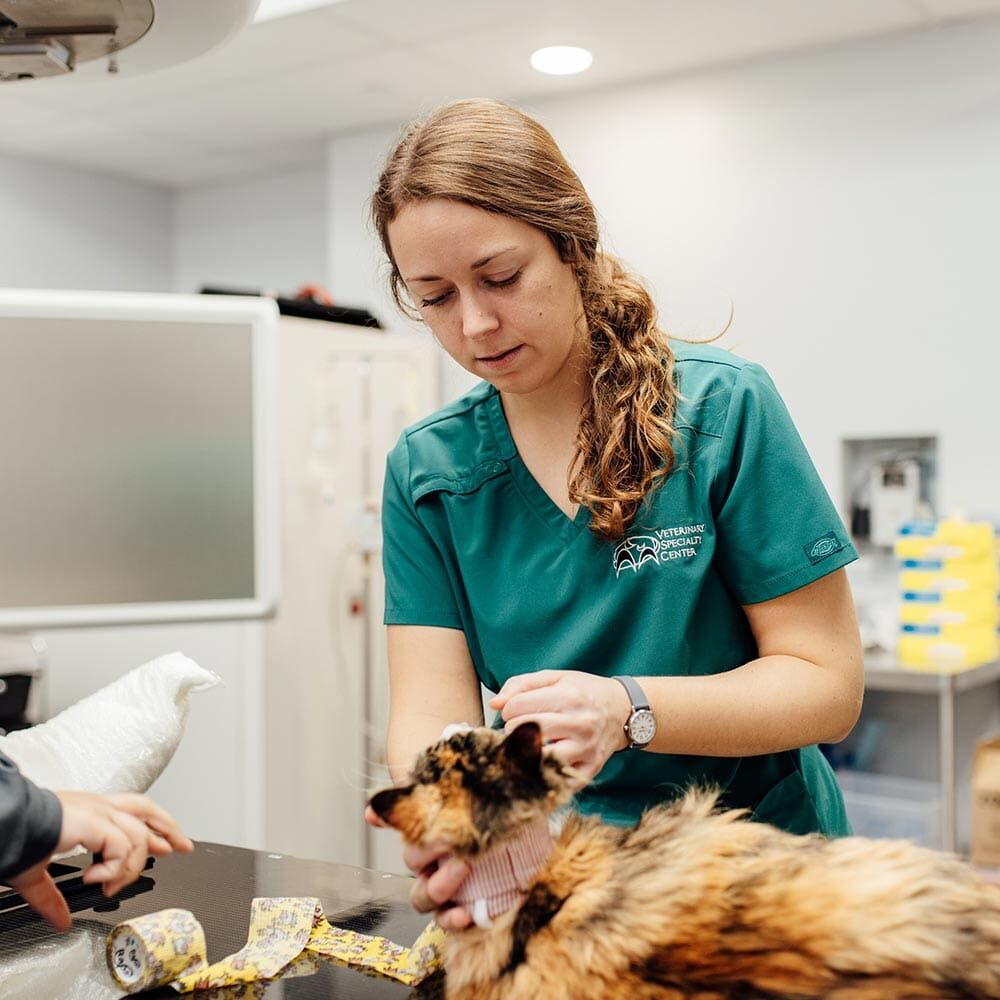
Until recently, there was no approved therapy in the U.S. that would prevent death in patients with FIP and therapies were aimed at pain and symptom management.
Some patients will respond to steroids that reduce inflammation such as prednisolone and some chemotherapy medications. These medications carry some risks but may allow for short-term improvement in quality of life and survival.
Removing the effusion, particularly when it is in the chest cavity, will make cats feel better temporarily. The length of time this will help varies widely, from hours to weeks depending on the patient.
As of June 1st, 2024, an orally administered antiviral medication called GS-441524 is available through a compounding pharmacy. This medication was part of a successful clinical trial for the treatment of FIP, but until recently, was banned from use in feline patients. Thankfully, it is now available legally in the United States. The dose and duration of therapy vary depending on the patient's size and organ systems involved. Most patients require months of therapy with this medication, as well as other supportive measures.
Prior to this development, an experimental immunostimulant called polyprenyl has been found to slow progression in cats that have the dry form of FIP. This immunostimulant has no beneficial effect on cats with the wet or effusive form of FIP.
Remdesevir is an antiviral medication for human coronavirus that has shown promise for the treatment of FIP in cats in other countries. It is currently not approved for use in cats in the USA, nor is it readily available. Veterinarians are forbidden to prescribe this medication for cats, regardless of diagnosis. Some families have obtained it from online sources for their cats with diagnosed wet-form FIP as a last resort without any other options. The lack of regulation of medications obtained online makes the safety of use a significant concern, but the internists at VSC acknowledge that some families have resorted to using this medication off-market and at their own risk.

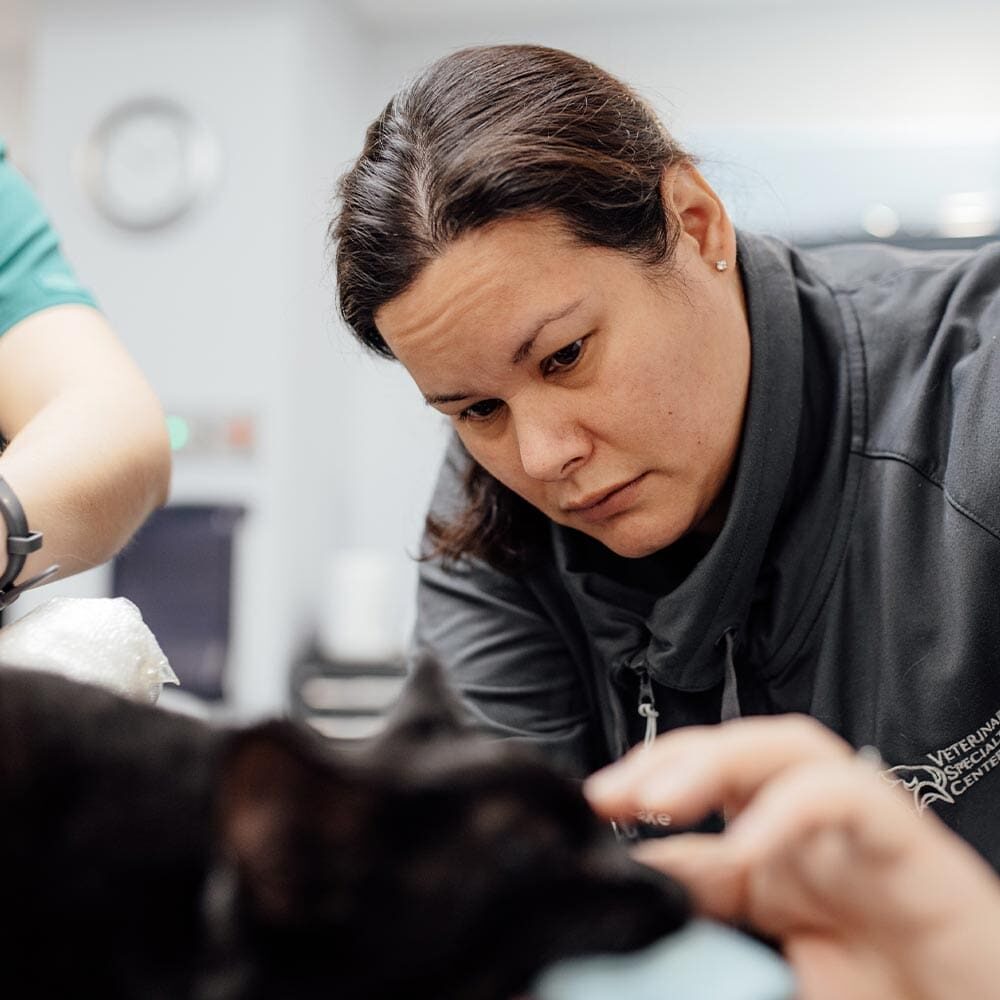
Prognosis
Until the newer antiviral medications GS-441524 and Remdesivir were used, FIP was considered universally fatal. In the recent past, families were able to obtain medications off the market, and survival rates have been extremely promising. Because GS-441524 is now readily available for cats, we expect to see significant improvement in the survival of some treated cats. Even with antiviral therapy, some patients will not recover. Without antiviral therapy, FIP is considered a fatal disease. Patients with the wet form can sometimes have short-term relief with medications and interventions, but sadly, most succumb to the disease within days to weeks of diagnosis.
When a cat is suspected of having FIP, it is logical to be concerned about the other cats in the house. Because of genetic predispositions, if there is a blood-related cat in the house, there is more cause for concern. Absent any additional stressors, like overcrowding or compromised immune systems, the remaining cats in the house do not have a higher risk of developing FIP than any other cat in the general population. There is no need or benefit to sanitize the home environment because all cats living together are exposed to feline coronavirus, but only some come down with FIP.
Patients with FIP usually follow up with the internal medicine specialists at Veterinary Specialty Center for care and are monitored for recovery or progression of disease.

